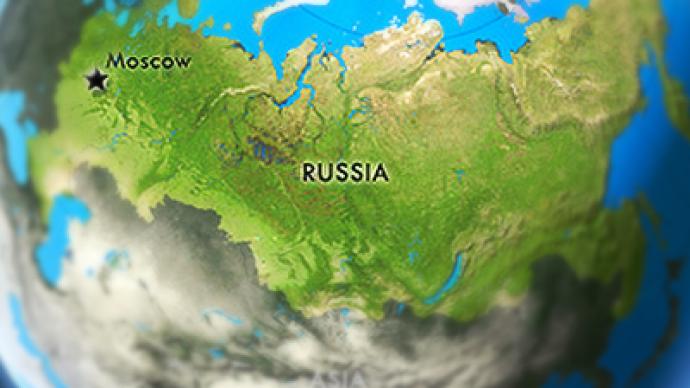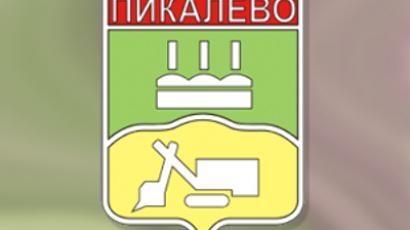“New division” of Russia proposed to save small towns – paper

If a new program, which is being reportedly considered by the government works out, Russians will live in 20 agglomerations rather than in the present 83 regions.
The president’s administration and the government “are working to improve Russia’s territorial organization,” Vedomosti daily said on Tuesday. Instead of the current administrative division of the country into 83 regions, 20 agglomeration may be created, where resources are concentrated, according to the paper’s sources in the government.The head of state may touch this topic in his annual address to the Federal Assembly later this year, the paper said. However, the president’s press secretary Natalia Timakova has neither confirmed nor denied the news, declining to comment the information to the paper on the ideas that could be included in the address. “To change the country’s map is a necessary, but not easy task,” an anonymous source in the government told the daily. “Everything should be done very cautiously, as any division may lead to the struggle for investment resources,” he warned. The current territorial organization of the country is not perfect, the document obtained by the paper reads. There are villages that have more population than towns, and the government is not able to distribute the budget resources in the right way because of “the regional disorder.” According to the document, criteria of the population size should be determined for cities and villages, as well as criteria for distribution of regional branches of federal bodies around the country. Currently, 90 per cent of Russian towns have population less than 100,000 people. The work of more than half of plants and factories there “is adapted to one segment of the market,” the document reads, referring to single industry towns, or “monotowns.” The alleged program states that developing small towns has no prospects. Instead, it suggests creating “general conditions for migrating of the population from monotowns to big cities, and thus, ensuring the transfer or urbanization to a new level.” The proposed structure may include 20 big agglomerations populated by more than a million people each. Cities and towns inside an agglomeration could be linked by united transport systems and will form united trade, educational and cultural spaces even without creating a single municipal body. The current legislation does not make it possible to form agglomerations as it contradicts the system of budgetary relations between the federal center and regions. The boundaries between possible agglomerations does not cover the present administrative division of the country either.However, a territorial budget could be changed if a referendum is held on the creation of an agglomeration, Anatoly Kononov, a former member of the Constitutional Court, told Vedomosti.Creating agglomerations is “a natural process in the whole world,” believes Marina Udachina, director of the Institute of Innovations, Infrastructure and Investments. Meanwhile, political scientist Evgeny Minchenko told the paper that the initiative may be prepared for an election campaign. A big reform may “demonstrate that the country is not in stagnation, and it is moving to something big and better.” It is not clear how the new reported project could affect the lives of ordinary Russians. Agglomerations will not eliminate small towns, but, on the contrary, will further their development, the authors of the program believe. President Dmitry Medvedev said on Monday that “monotowns” could be saved by private business. The government should conduct a targeted work with every such town, attracting business and actively solving problems there, he told during a meeting with first deputy prime minister Igor Shuvalov. “It is not easier for people who live there to think that someone some time decided to create a city with one enterprise,” Medvedev stressed. “We should change this situation, your pilot program to support monotowns must be fulfilled.” More towns should be included in the government’s pilot project, Medvedev said, adding that each such town should have a different program of development.
Sergey Borisov, RT














